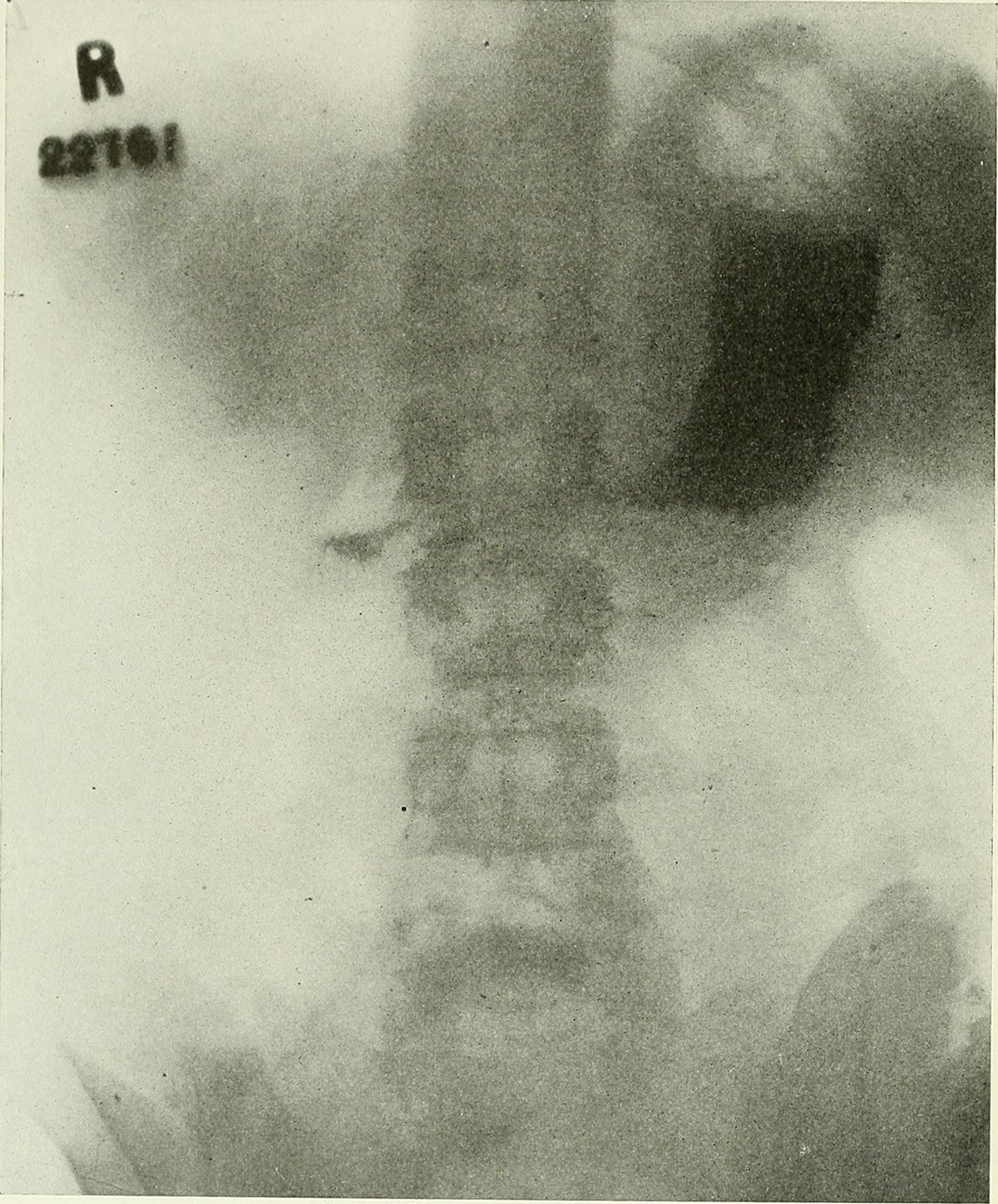
The main symptoms of peptic ulcer
Peptic ulcer is the condition that refers to open sores, which develop in the gastrointestinal tract, either on the inside lining of the stomach, or on the part of small intestine that is called duodenum, though they can also appear on esophagus. This is not a very serious disease in the majority of the cases, and luckily, it can be treated rather successfully, but the fact is that it has to be diagnosed in time, because in some cases, this condition can be malignant.
Causes of peptic ulcer
The majority of cases of peptic ulcers is caused by the bacteria called Helicobacter pylori, which generally don’t cause problems, but which may cause the inflammation of the gastrointestinal tract, thus causing the ulcer. This bacteria is easily transferred from one person to another, even by a simple kiss, though the infected person can also get this bacteria from water or food. Besides this cause, it is not impossible that pain relievers will cause peptic ulcer, particularly, if they are used regularly, since they prevent the production of prostaglandins, which are responsible for the protection of the stomach lining. Nicotine may also increase the chances of peptic ulcer, as well as it can slow down the process of healing, and the same applies for stress, overuse of alcohol, surgery, physical trauma, etc.


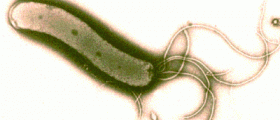
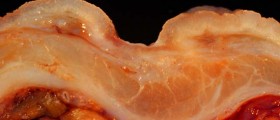



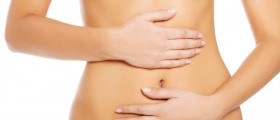
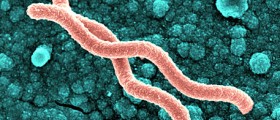
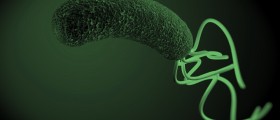
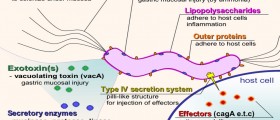



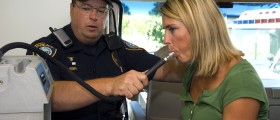


Your thoughts on this
Loading...